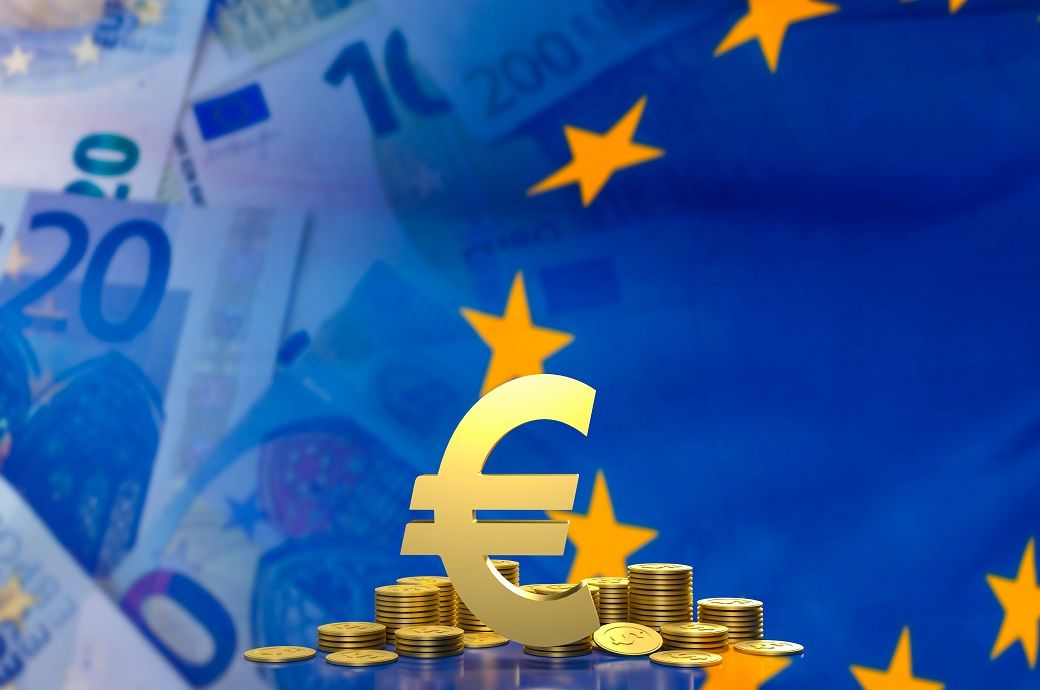
The employment expectations indicator (EEI) declined further in the EU by 0.7 points to 96.9, while remaining unchanged in the euro area at 96.5.
The economic sentiment indicator fell by 1.4 points in both the EU and the euro area by 94.4 and 93.6 respectively in April, official data show.
The employment expectations indicator fell further in the EU by 0.7 points to 96.9, while remaining unchanged in the euro area at 96.5.
Industry confidence remained broadly stable in the EU.
Retail trade confidence (minus 1.7) declined strongly in the EU.
Both indicators score below their respective long-term averages in both areas.
In the EU, the decline of the ESI resulted from markedly lower confidence among consumers, in retail trade and, to a lesser extent, in services, while confidence in industry and construction remained broadly stable.
Among the largest EU economies, the ESI deteriorated significantly in the Netherlands (minus 2.5) and Italy (minus 1.8), while it improved slightly in Germany (plus 0.5) and Spain (plus 0.4). The indicator remained broadly stable in France and Poland.
Industry confidence remained broadly stable in the EU, as a sharp decline in managers’ production expectations was offset by improvements in their assessment of the stocks of finished products and especially the current level of overall order books.
Of the questions not entering the confidence indicator, managers’ assessment of developments in past production improved markedly, while their appraisal of export order books worsened slightly.
The marked decrease in consumer confidence (minus 2.1) in the EU was driven by a deterioration in all its four components – i.e. consumers’ views on their household’s past and future financial situation, their intentions to make major purchases, and their expectations about the general economic situation in their country, an official release said.
Retail trade confidence (minus 1.7) declined strongly in the EU, reflecting retailers’ markedly lower assessments of the past and expected business situation, while their assessment of the volume of stocks improved slightly. The employment expectations indicator (minus 0.7) declined further.
The European Commission’s economic uncertainty indicator (EUI) surged in April by 2.8 points to 20.4. Managers’ uncertainty about their future business situation increased sharply in industry, hitting a 27-month high. The indicator also increased in retail trade.
Consumers’ uncertainty about their future financial situation also picked up strongly, to the highest level since February 2024.
Fibre2Fashion News Desk (DS)




